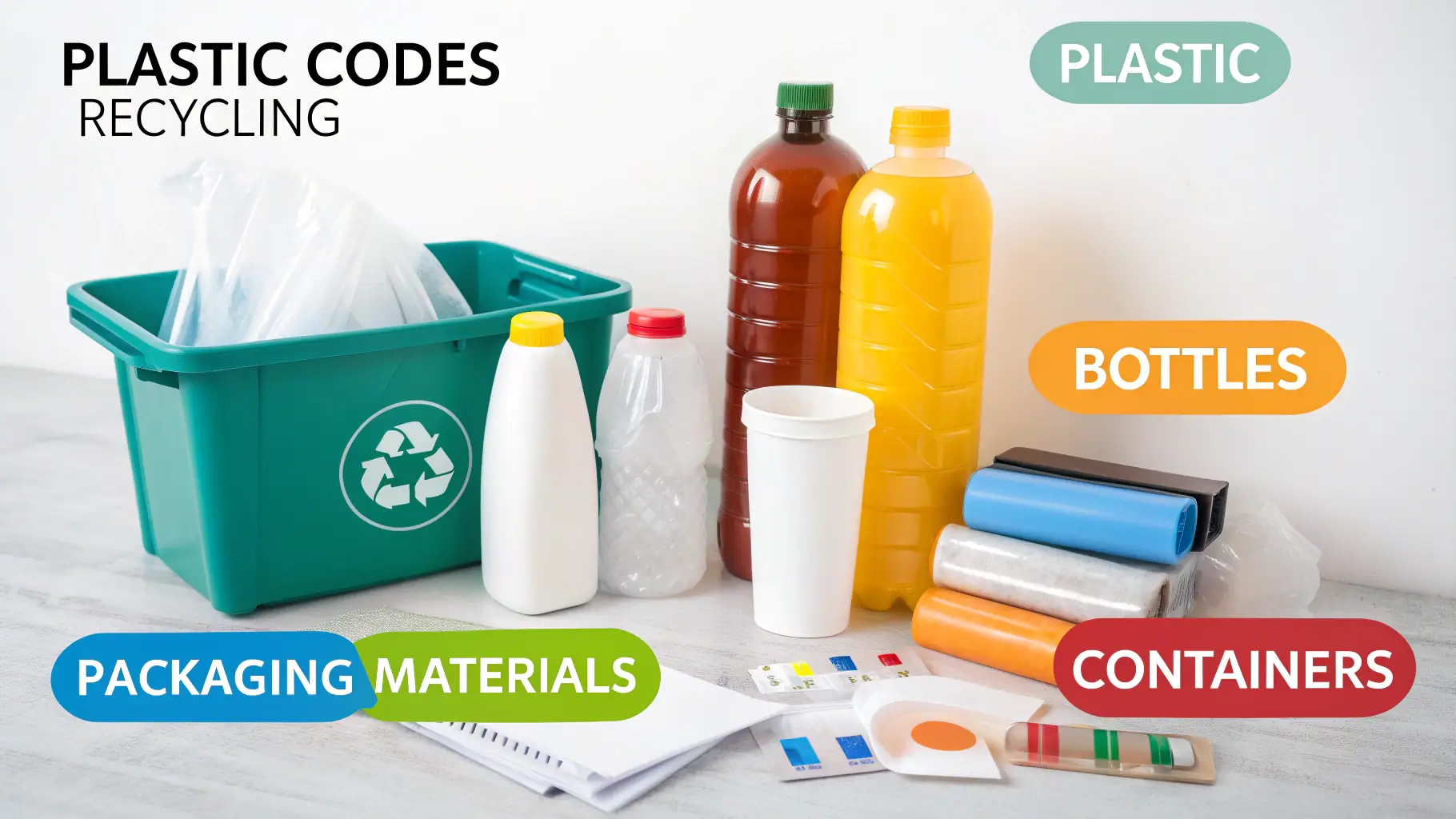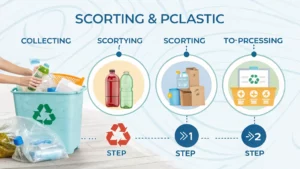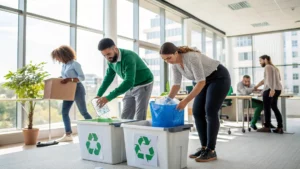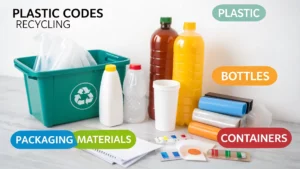Many misconceptions surround recycling, leading to confusion and potentially hindering effective waste management. It’s important to separate fact from fiction to ensure proper disposal and maximize recycling efforts. Misinformation can lead to improper sorting, which reduces the overall success of recycling programs. Understanding the correct procedures is key to maximizing the positive impact of recycling. One common myth is that all plastics are recyclable. In reality, only certain types of plastics are accepted in most recycling programs. Knowing the different types of plastics and their corresponding recycling codes is essential for proper sorting. This knowledge helps ensure that recyclable materials are correctly processed and reused. Recycling centers often have specific guidelines for plastic types they accept. Another prevalent myth is that food scraps can be mixed with other recyclables. Food scraps and other organic materials should be separated from other recyclables. This is because food scraps can attract pests and contaminate other materials, hindering the recycling process. Proper separation of food scraps is crucial for maintaining the quality of the recycling stream. Composting is often a better option for food scraps.
How to Properly Sort Your Recyclables
Proper sorting of recyclables is essential for maximizing the efficiency of recycling programs.




